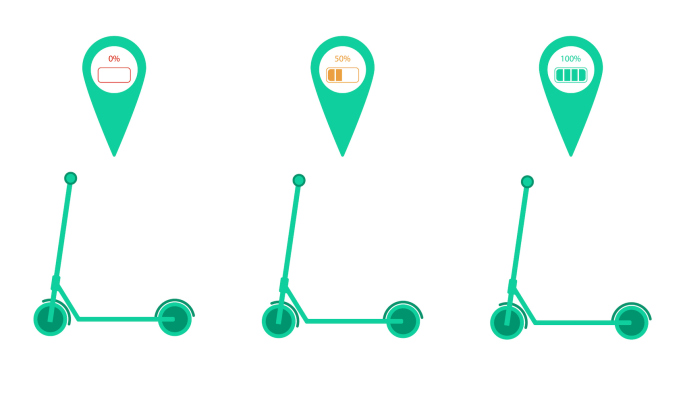
The days of the shared, dockless micromobility model are numbered. Here is essentially the conclusion reached to Puneeth Meruva, an associate inside the Trucks Venture Capital who not too authored a detailed research brief on micromobility . Meruva is of the opinion that the standard for permit-capped, dockless scooter-sharing is not sustainable — the overhead is too costly, the returns too low — and that the industry could splinter.
Most companies playing to win have begun to vertically integrate their tech stacks by developing or acquiring new technology.
“Because shared services have started a cultural transition, people are more open to buying their own e-bike or e-scooter,” Meruva told TechCrunch. “Fundamentally because of how much city regulation is involved in each of these trips, it could reasonably become a transportation utility that is very useful for the end consumer, but it just hasn’t proven itself to be a profitable line of business.”
As dockless e-scooters, e-bikes and e-mopeds expand their footprint while consolidating under a few umbrella corporations, companies might develop or acquire the technology to streamline and reduce operational costs enough to achieve unit economics. One overlooked but massive factor in the micromobility space is the software that powers the vehicles — who owns it, if it’s made in-house and how well it integrates with the rest of the tech stack.
It’s the software that can determine if a company breaks out of the rideshare model into the sales or subscription model, or becomes subsidized by or absorbed into public transit, Meruva predicts.
Vehicle operating systems haven’t been top of mind for most companies in the short history of micromobility. The initial goal was making sure the hardware didn’t break down or burst into flames. When e-scooters came on the scene, they caused a ruckus. Riders without helmets zipped through city streets and many vehicles ended up in ditches or blocking sidewalk accessibility.
< a href="https://techcrunch.com/2018/12/04/madrid-authorities-order-scooter-ban/"> City officials were upset , to say the least, and paper dockless modes of ship a public nuisance. However , micromobility companies had to response to their overeager investors — the ones who missed out on the Ultimate and Lyft craze to threw millions at thrilling mobility, hoping for swift harvest. What was a Bird or even Lime to do? The only thing to do: Get back on just that electric two-wheeler and start schmoozing cities.
Just how the fight for cities indirectly increased vehicle software
Shared, dockless operators previously in a war of attrition, fighting to get the last lodging city permits. But as the industry seeks a business to governing (B2G) model that morphs into what companies believe cities want, some are by mistake producing vehicles that will coin beyond functional toys while into more viable travelling alternatives.
Free of charge wave of micromobility been recently marked by newer contractors like Superpedestrian and Voi Technology. They learned right from past industry mistakes additionally developed business strategies which include building onboard operating systems in one facility. The goal? More control over rider behavior and better deference with city regulations.
Most companies playing into win have begun to successfully vertically integrate their technology stacks by developing since acquiring new technology. Lime, Rooster, Superpedestrian, Spin and Voi all design their own car models and write their own vehicle management software or other operational tools. Lime writes its own firmware, which sits for top of the vehicle hardware primitives and helps control things like propulsor controllers, batteries and link lights and locks.






